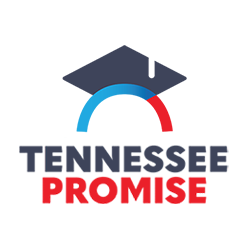Program Name: Undergraduate Certificate in Sleep Diagnostics Technology (Polysomnography)
This program was designed to be completed in 45 weeks once the program courses are begun. These certificate courses can be combined with 29 credit hours of general education credits to complete the Health Sciences Associate of Applied Science in Sleep Diagnostics Technology degree. The Sleep Diagnostics Technology certificate is a competitive admission program, and preference is given for prior completion of a Medical Terminology course.
The AAS major does qualify for TN Promise and TN Reconnect funding. These are last-dollar scholarships that cover all tuition costs that are not covered by financial aid. They do not cover books and course fees, however. Check the business office webpage for current tuition rates. These tuition scholarships are available for TN residents who have never graduated with an associate degree or higher. Check with the Financial Aid Office if you have questions regarding the stipulations or rules for the qualification of these programs.
Recent Student Outcomes
For 2024 Fall graduates:
- Student retention was 72.7%
- RPSGT Board Exam passage rate = 100%
- Positive Placement = 91.67% - All were employed, but one student was employed in a different field..
For 2023 Fall graduates:
- Student retention was 70%
- RPSGT Board Exam passage rate = 86%
- Positive Placement = 94% - All were offered positions, however.
For 2022 Fall graduates:
- Student retention was 82%
- RPSGT Board Exam passage rate = 100%
- Positive Placement = 88.24% - All were offered positions, however.
For 2021 Fall graduates:
- Student retention was 72.41%
- RPSGT Board Exam passage rate = 100%
- Positive Placement = 80.95%
Positive placement can include students who are employed in a hospital-based or privately-owned sleep center after graduation or a related field. Students who are continuing their education or serving in the military are exempt from this calculation. The placement results also include students who don’t pursue employment after graduation as well as those who not responding to our graduate survey. We generally don’t have any problem placing students who successfully complete this program and pass their registry exam after graduation, and who desire to work in the field.
Tennessee does have a state licensure requirement for the field of polysomnography, but there are still several states that do not. If you are an out-of-state resident, you can check with your state board of health or contact our program director for clarification.



